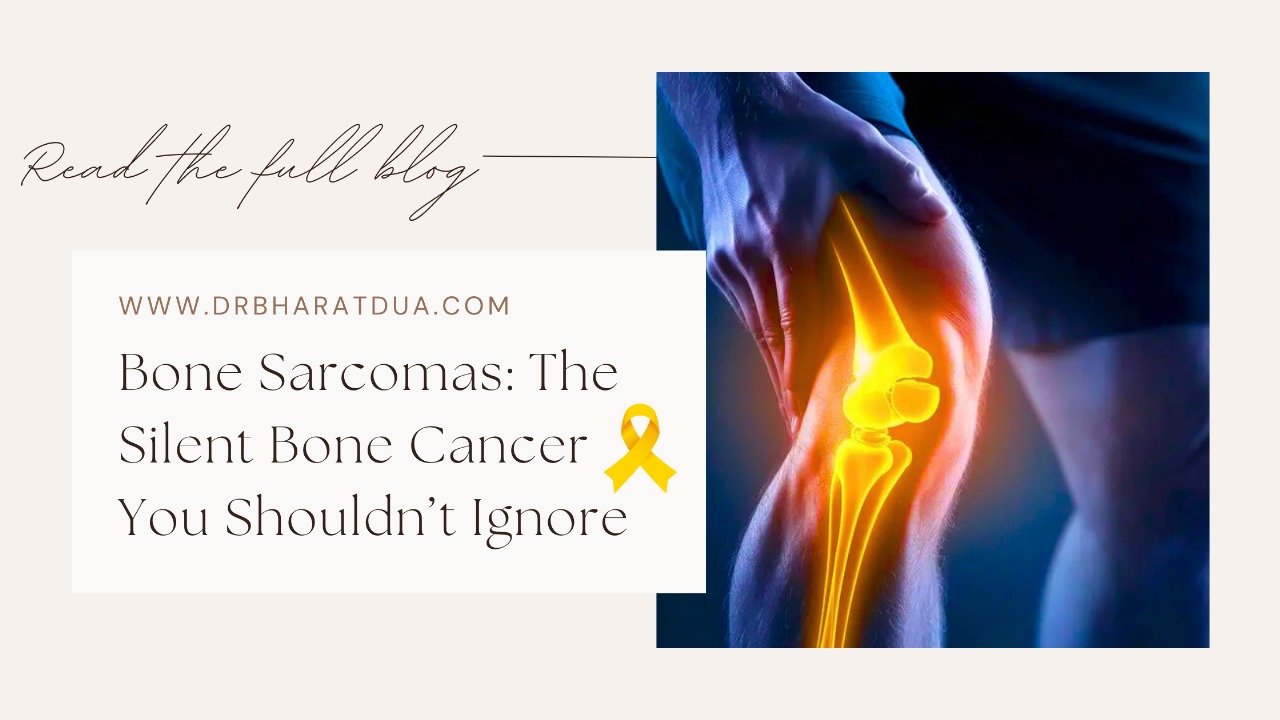Introduction
Kidney cancer is among the top 10 most common cancers worldwide. While genetic factors can play a role, lifestyle choices significantly influence the risk of developing this disease.
Making informed health decisions can lower the chances of kidney cancer. This article explores key risk factors and the lifestyle choices that help reduce the likelihood of this condition.
Understanding Kidney Cancer and Its Risk Factors
Common Causes and Risk Factors
Kidney cancer develops when abnormal cells in the kidneys grow uncontrollably. Several factors contribute to this, including:
-
Age and Gender: More common in individuals over 50 and slightly more prevalent in men.
-
Smoking: Increases kidney cancer risk by damaging kidney cells.
-
Obesity: Excess weight affects hormone balance, leading to higher cancer risks.
-
High Blood Pressure: Chronic hypertension strains kidney function.
-
Chemical Exposure: Prolonged contact with toxins like asbestos and cadmium may elevate risk.
Genetic vs. Lifestyle Influences
While some individuals inherit genetic mutations that predispose them to kidney cancer, lifestyle factors often contribute more significantly to risk. A balanced diet, regular exercise, and avoiding harmful substances can make a considerable difference in prevention.
Healthy Lifestyle Choices to Lower Risk
Diet and Nutrition
A well-balanced diet supports kidney health and overall well-being. Key dietary recommendations include:
-
Incorporate More Fruits and Vegetables: Antioxidants help neutralize harmful free radicals.
-
Reduce Processed Foods: High sodium intake can increase blood pressure and kidney strain.
-
Drink Plenty of Water: Staying hydrated helps flush toxins from the kidneys.
-
Limit Red and Processed Meats: Excessive consumption is linked to increased cancer risk.
Physical Activity and Weight Management
Maintaining a healthy weight lowers inflammation and supports kidney function.
-
Aim for at least 150 minutes of moderate exercise per week.
-
Incorporate strength training to improve metabolism and reduce obesity-related risks.
-
Avoid sedentary habits to maintain a well-functioning cardiovascular system.
Avoiding Harmful Habits
Smoking and Alcohol Consumption
Tobacco use is one of the most significant lifestyle-related kidney cancer risks. Quitting smoking reduces risk over time. Alcohol, when consumed in excess, can also stress kidney function.
Managing Exposure to Harmful Chemicals
Industrial chemicals and toxins found in pesticides, heavy metals, and certain workplace environments can increase cancer risks. Best Cancer Doctor in Gurugram Wearing protective gear and ensuring adequate ventilation in workspaces can minimize exposure.
Regular Health Check-ups and Early Detection
Importance of Screening
Routine check-ups help identify kidney cancer in its early stages, improving treatment outcomes. Blood and urine tests, along with imaging scans, aid in detection.
Recognizing Early Symptoms
Common early warning signs include:
-
Blood in urine
-
Persistent lower back pain
-
Unexplained weight loss
-
Fatigue and high blood pressure
Seeking medical attention at the first sign of symptoms can significantly impact treatment success.
Conclusion
Kidney cancer is a serious disease, but proactive lifestyle choices can lower the risk. Eating a nutrient-rich diet, staying active, avoiding harmful substances, and scheduling regular check-ups all contribute to prevention. By prioritizing health today, individuals can take significant steps toward reducing their chances of developing kidney cancer in the future.
(FAQs)
Q1. Can kidney cancer be prevented?
A3. While not all cases are preventable, adopting a healthy lifestyle can lower the risk significantly.
Q2. What are the best foods for kidney health?
A2. Leafy greens, berries, nuts, and whole grains help protect kidney function.
Q3. Does alcohol consumption increase kidney cancer risk?
A3. Heavy alcohol intake can strain kidney function, indirectly increasing cancer risk.

.png)
 Discover how radiation oncologists are advancing melanoma treatment with targeted radiation, modern tech, and powerful therapy combinations.
Discover how radiation oncologists are advancing melanoma treatment with targeted radiation, modern tech, and powerful therapy combinations. Kidney cancer starts when abnormal cells in the kidneys grow uncontrollably. Most cases are renal cell carcinoma, accounting for nearly 90% of diagnoses.
Kidney cancer starts when abnormal cells in the kidneys grow uncontrollably. Most cases are renal cell carcinoma, accounting for nearly 90% of diagnoses. Discover everything about bone sarcomas, from symptoms and causes to diagnosis, treatment, and survival rates. Know the early signs to act early.
Discover everything about bone sarcomas, from symptoms and causes to diagnosis, treatment, and survival rates. Know the early signs to act early.